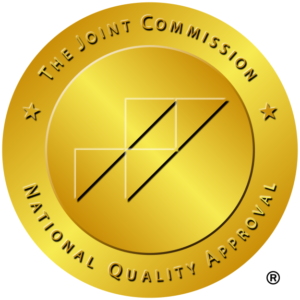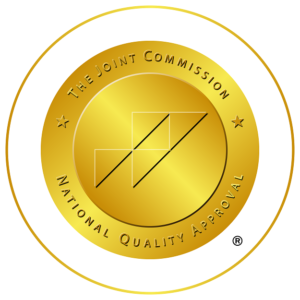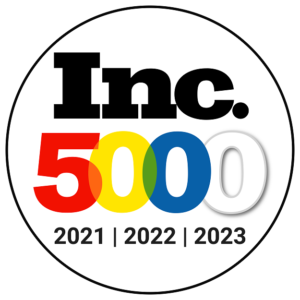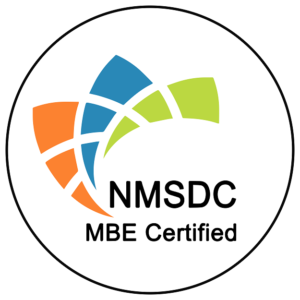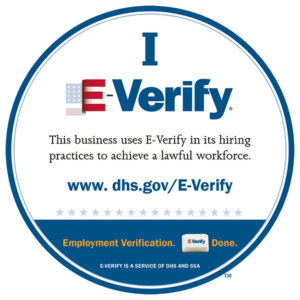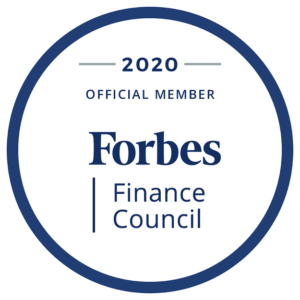How Chatbots Revolutionize the Experience of Hiring
It is no secret that applicants often feel burned out by the process of applying for a job, particularly when 70% of them report that they have never or rarely received any notice of their status. This lack of communication can dehumanize and tire people, and it can also leave them with a negative view of these firms. Not only will that view prevent them from interacting with a business further, but they are likely to share their experience with others. Nearly three-quarters of candidates with poor application experience say they later shared information online or with someone in their personal lives about that experience.
Reducing burnout and establishing a positive experience
Mitigating lost time is one of the first steps you can take to improve your hiring process. Often, depending on how the company establishes its process, candidates can spend multiple hours applying for a single job. A serious lack of respect for the candidate’s time is shown by not hearing back from an employer.
While recruiters would always be able to reply promptly in a perfect world, with the overwhelming amount of applications some businesses get for open positions, it is not always possible. Many businesses have added one solution to their arsenal is the chatbot. While there are many benefits to using chatbots, their ability to give fast and consistent feedback and status updates is an overwhelmingly popular feature. One study showed that 92 percent of applicants felt the speed of their responses and reactions was the most significant advantage for chatbots.
Such artificial intelligence tools can often provide a candidate with immediate screening feedback. They can also be used to answer frequently asked questions, to keep a user updated on the status of their application and to help schedule an interview. Many of these bots can integrate with the work calendar of a recruiting team to provide an applicant with the ability to select an open time slot that works best for them.
Making the request for work more accessible
In order to submit an application, candidates often feel like they have to jump through hoops. It is not uncommon to hear complaints about someone customizing a resume for a job opening, and having to enter that same information into a form immediately after uploading it. More than half of applicants may feel like they have had a negative experience because of these long applications. Without a computer, many of these application layouts are difficult or even impossible to access and are often very one-dimensional in terms of accessibility. Consequently, the preference for mobile- and conversation-based job applications has increased dramatically. Instead of filling out multiple pages of forms to apply for a new role, job seekers can submit an application via text messages in minutes by answering questions from a chatbot. Indeed, 80 percent of applicants would apply this way via their phones if they could choose. You may be losing potential engagement by not providing that option.
Allowing an applicant to use whatever communication platform they feel comfortable with (whether it is text, Facebook, WhatsApp, etc.), allows them to feel more comfortable with the overall process immediately. These features will also allow candidates with special needs to speak to you without complications, such as screen readers or other usability resources.
Changing opinions about your company
Although we have already discussed that it can improve engagement and bring in higher-value candidates with better candidate experience, another perspective to consider is how it can impact the company’s public opinion. One research found that applicants with poor experience with the application are likely to take action on it. 59% of those interviewed said they would advise someone not to apply to the company, and 42% would no longer endorse the goods or services of the company. It can also lead to negative feedback by the public on sites like Glassdoor. On the other hand, 88 percent would be willing to tell other individuals to apply to the company if the applicant had a good experience, and 71 percent said they would be more inclined to help the company by buying their goods and services. In addition, 80% said they would try to apply to the organization again while 60% would tell others to apply.
Conclusion
Consider updating the pipeline for recruitment. Are there ways that you can make it more candidate-focused? Will you benefit from the on-demand recruiting experience that can be provided by chatbots? Taking a look at these variables and updating your recruiting method could drastically alter your levels of commitment, repeat applicants and your brand’s overall public opinion.

